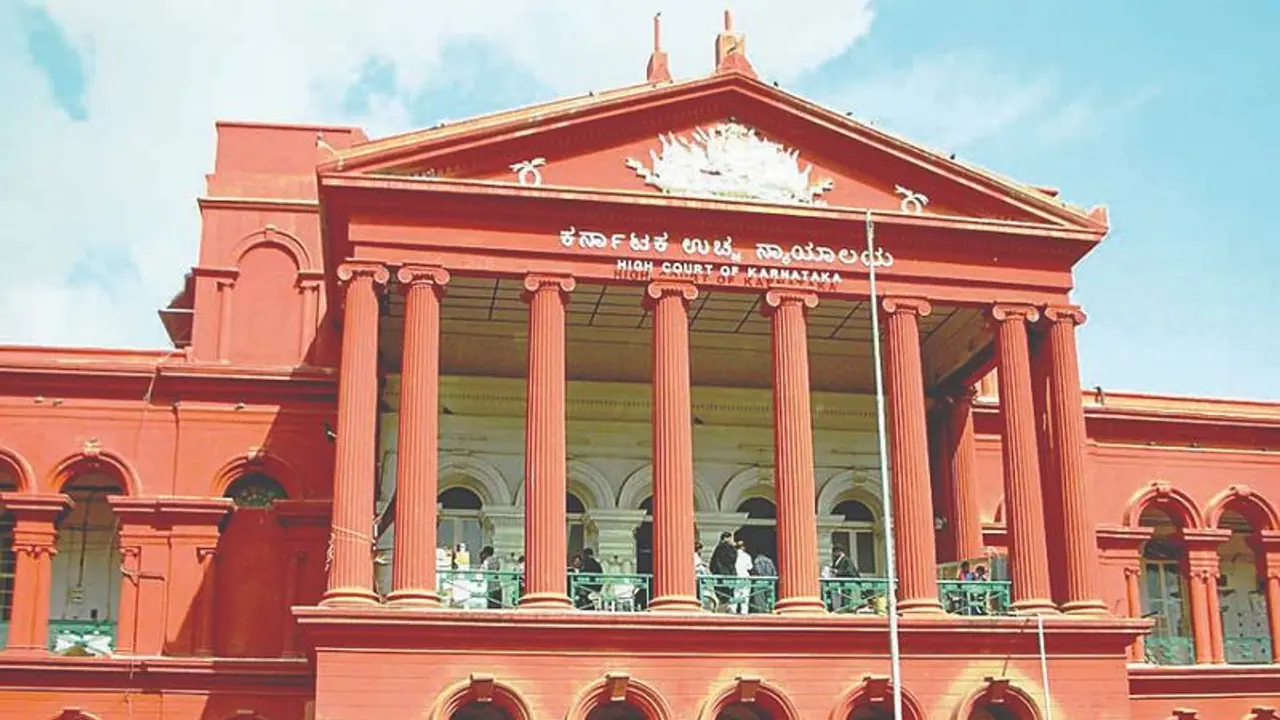The Karnataka High Court emphasized the timely renewal of driving licenses after an accident involving a Mahindra MaxiCab and an ambulance. Due to the ambulance driver's expired license and wrong-way driving, the court increased their liability to 100%. The ambulance owner was ordered to compensate the victims, and the insurance company was absolved of responsibility.
The Karnataka High Court stressed the importance of renewing driving licenses within 30 days of expiry, following an accident involving a Mahindra MaxiCab and an ambulance in Chitradurga in May 2010. The accident left eight people injured.

In the court proceedings, it came to light that the ambulance driver's license had expired on August 24, 2009, and was only renewed on May 31, 2010, a day before the accident. However, there was no proof that the renewal application was submitted within the required 30-day window. Consequently, the ambulance driver was found to be driving without a valid license during the accident.
Also Read: 'Do not seal down businesses': Karnataka HC warns govt against coercive measures on 60% Kannada nameplates
Justice V. Sreeshananda and the court decided to increase the ambulance driver's liability from 50% to 100% because they were driving in the wrong direction at the time of the accident. This decision came after an appeal from United India Insurance Company against the Motor Accident Compensation Claim Tribunal's initial ruling.
Also Read: Karnataka govt files urgent appeal to HC after order cancelling Class 5, 8, 9, and 11 board exams
Initially, the tribunal had assigned 50% liability to both the MaxiCab and ambulance drivers, directing their insurance companies to pay compensation in a 50:50 ratio to the injured parties. However, the High Court's ruling shifted full responsibility onto the ambulance driver, citing their lack of a valid license.
Moreover, the court ordered the ambulance owner to compensate the injured victims with Rs 10 lakhs at a 6% interest rate. Additionally, the insurance company covering the ambulance was instructed not to provide any compensation in this case.
